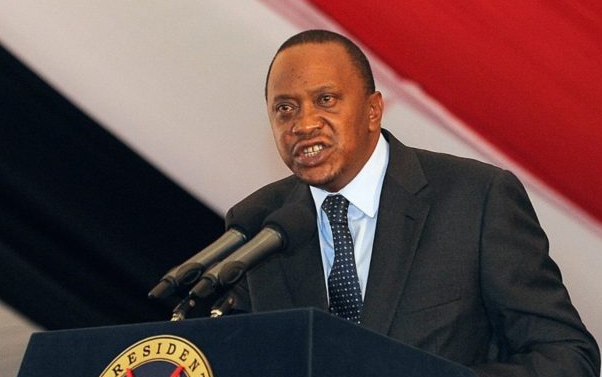×
The Standard e-Paper
Home To Bold Columnists

Confusion around President Uhuru Kenyatta’s recent ban on new state projectsis gradually affecting service delivery.
Speaking on July 20, the President warned that any state officer who sanctions a project without authorisation would be held individually responsible.